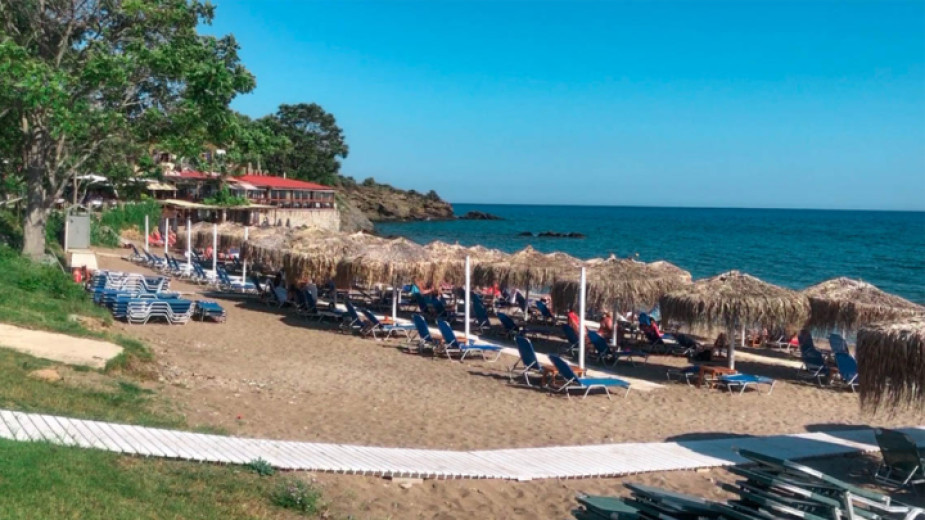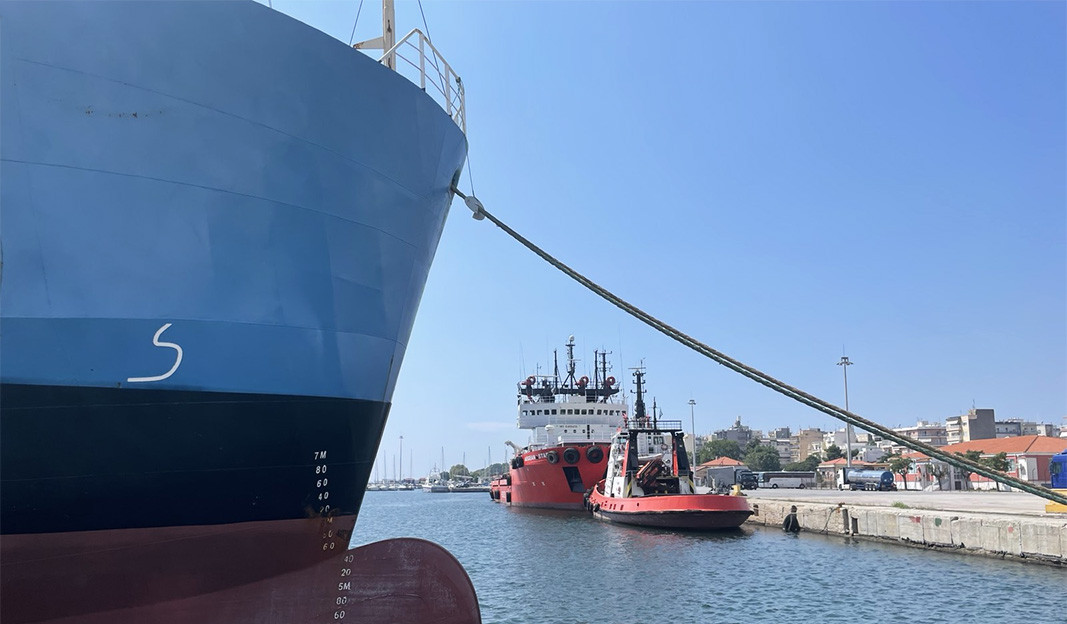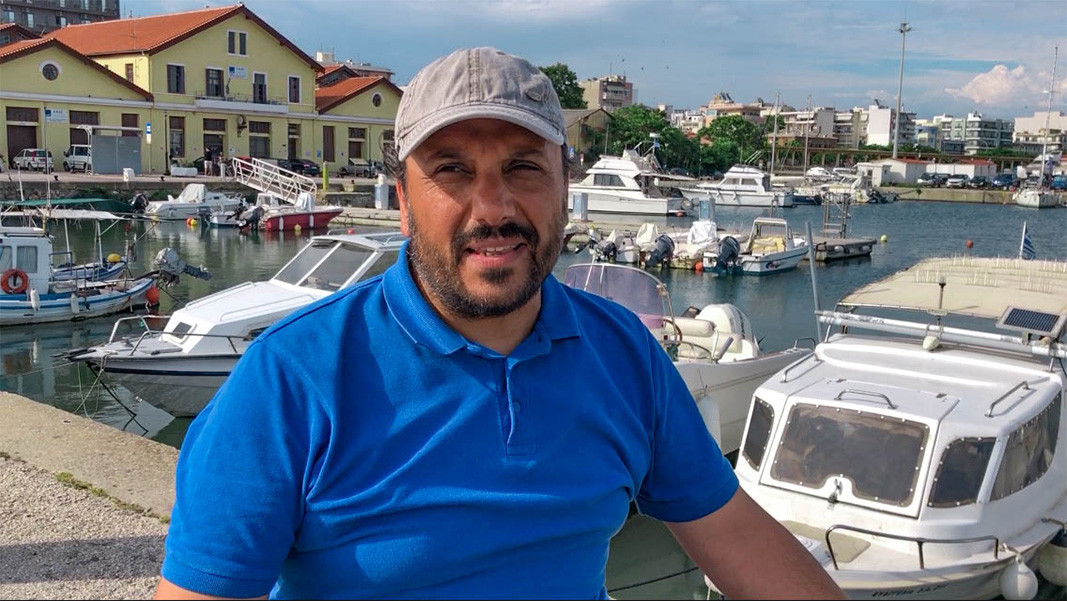 5
5
Many Bulgarians will once again travel to Greece for their summer holidays, even though prices have gone up there, in some parts by up to 30%. But one tendency is becoming more and more evident – besides for a holiday by the sea, more and more Bulgarians are choosing Greece as an investment destination. In recent years, more than 10,000 Bulgarians have purchased real estate, most of all in the region of Northern Greece. Interest in Alexandroupolis as a tourist and investment destination has been particularly high; it relies most of all on tourists from the neighbouring countries Turkey, Bulgaria and Romania. Here, accommodation prices and the prices at bars and restaurants are a little bit lower than in other parts of the country, and there is always the fact it is just 76 kms. from the border with Bulgaria.

“After the coronavirus, the high demand increased the prices but that is connected with increasing the level of the services,” says Petros Kyriakidis, Deputy Director of the Tourism department of the municipal tourist association of Alexandroupolis.
Find out what else he had to say about the investments made by Bulgarians and how the locals view this competition, in an interview with Radio Bulgaria’s Veneta Nikolova:

Alexandroupolis is the capital of the region Eastern Macedonia and Thrace and is Greece’s third biggest port, a transport and economic hub for this part of the continent because it is at a crossroads, and is connected with the delivery of liquefied gas and the construction of the interconnector with Bulgaria.

There is a very serious investment by NATO, and there are two railway construction projects to connect Alexandroupolis with Warsaw, explains tourism and advertising expert Chris Mammides. They will traverse the entire region, including Bulgaria. This will make Northern Greece more attractive for tourism and to businesses. In connection with these projects we expect the number of visitors from your country to increase significantly, says Chris Mammides and adds:

“The increase of tourism started just after Covid, and we are witnessing many Bulgarians buying property here for their own personal use, but also as an investment, meaning that they are dealing with the hotel and restaurant industry,” Chris Mammides says.
The active tourist season has not started yet in Northern Greece, but Bulgarian language can be heard spoken already in the streets, on the beaches and in the taverns of Alexandroupolis. Petros Kyriakidis says Bulgarians account for a significant share of the local economy and are very much appreciated as investors, but also as guests and as good neighbours.

They are very good tourists, he says, we have similar needs, the same characteristics, the same culture. We love Bulgarians and Bulgarian love Greeks. So, we have a very good cooperation, and we need them, says Petros Kyriakidis.
More:
Translated from the Bulgarian and posted by Milena Daynova
Photos: Veneta Nikolova, BGNES
Bulgaria's Minister of Tourism Miroslav Borshosh presented to BTA the start of the national campaign "Wine leads the way". It will promote wine tourism in Bulgaria. The initiative starts before the ninth edition of the Global Conference on Wine..
Hisarya has become the first Bulgarian town to join the European Association of Historic Thermal Towns (EHTTA) , BTA reported. The mayor of the municipality, Iva Valcheva, announced the news before the 12th annual congress of the Bulgarian Union of..
A meeting was held between the Ministers of Tourism of Bulgaria and Montenegro, Miroslav Borshosh and Simonida Kordic, within the framework of the official visit of a Bulgarian government delegation to Montenegro. Among the main topics was the..

+359 2 9336 661
